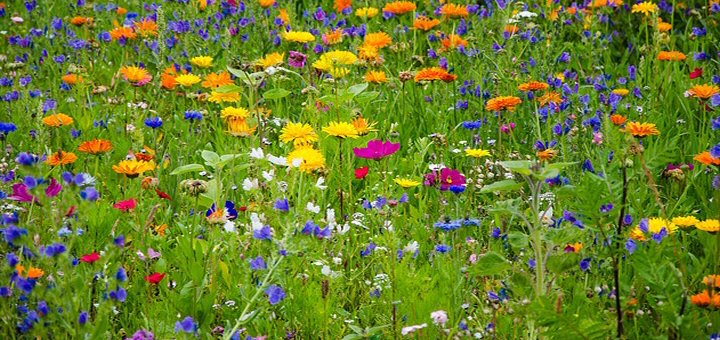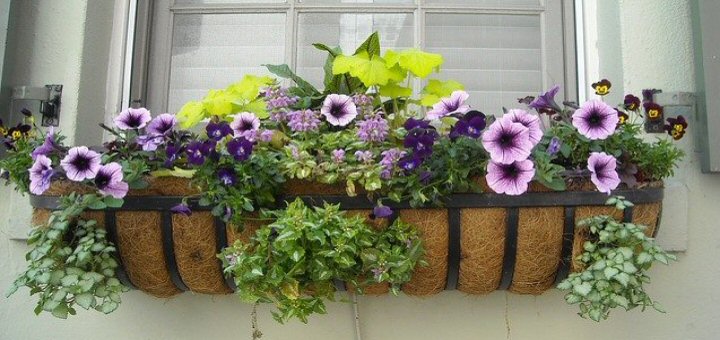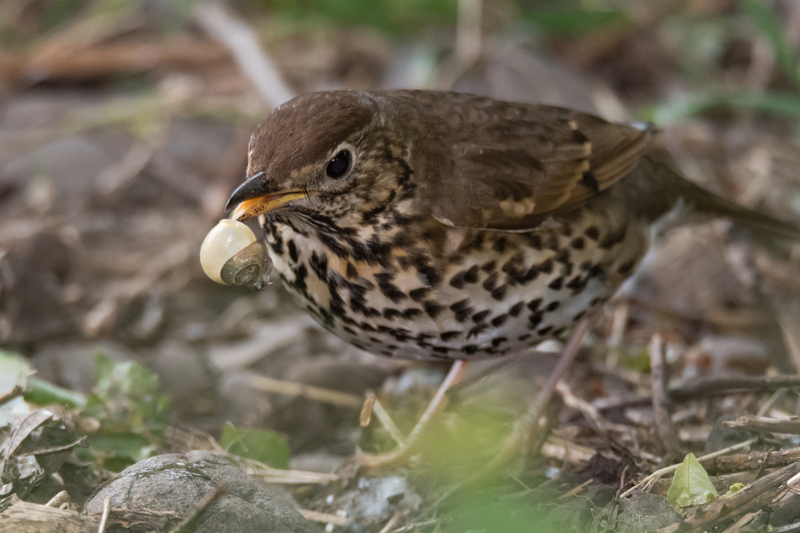
The Threat to British Wildlife
By now we are all aware of global warming, and can see that climate change is affecting all living things on the planet. Here in Britain, wildlife is in decline, not just because of climate change, but also because of human behaviour and our relationship with the countryside and its wildlife.
What can we do about it?
It is such a vast problem that it is all too easy to think that anything we might do, will make very little difference. But that just isn’t true. We can’t save the planet on our own, but change starts with each of us, with our families, with our friends.
All it takes is that first little step. We can all do our bit to help the wildlife around us survive and thrive however small our gardens and even if we have no garden at all.
First a few facts, just to remind you of the current situation.
Latest research shows that Britain’s ongoing loss of wildlife and plants is showing no signs of slowing At the time of writing 15 per cent of species face extinction. This includes mammals, birds, insects, even slugs and snails. Though we may not mind if certain annoying insects or so-called garden pests seem to be disappearing from our gardens, we mustn’t forget that all living creatures have a role to play in life on earth.
Nature’s food chains and food webs are the basis of life.
Life on earth is dependent on a network of food chains and food webs. Some food chains are long, others are quite short, but all living organisms in a particular habitat depend on each other for food.
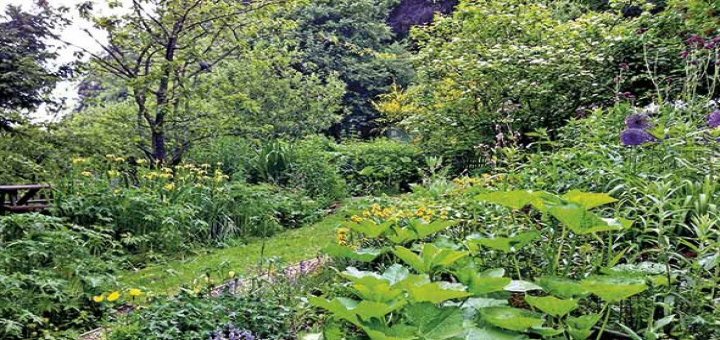
In our gardens, invertebrates, such as insects, worms, slugs, snails to name but a few, feed on vegetation. In turn, many of these creatures provide nourishment for birds and small animals, which then become a food source for larger birds and mammals. The chain goes on, until it finishes with the mammal that has no natural predator. We humans are right at the top.
If any part of a particular food chain disappears, the whole system can break down.
Being at the top of a food chain may seem a great place to be, but it means we are dependent on the continued survival of everything below us.
Scientists have suggested that this may have been what happened 65 million years ago when dinosaurs became extinct. They believe a meteor struck the earth and dust from the impact blocked out the sunlight so that plant life died. This broke the food chain right at its beginning and many animals became extinct, including the dinosaurs. If man had been on earth then, he too would have been unable to survive.
This is happening in today in gradual, but no less destructive ways.
Extinction of species of birds and animals in the modern world often occurs because of a break in the food chain, and these breaks are usually caused by humans, either indirectly or directly.
Global warming and use of plastics is a well documented example of an indirect causes. We are damaging the environment by using its resources to make our lives more comfortable in the short term.
For an in depth rescue plan for nature, see this New Scientist guide.
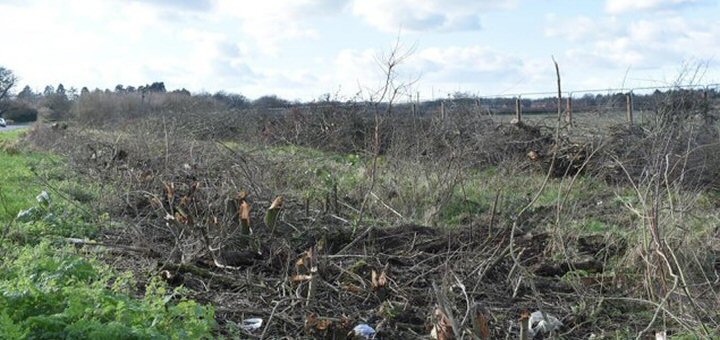
More direct causes include deforestation, our use of pesticides, dramatically changing the landscape by farming or building cities. We can even cause problems by introducing plants and animals into a new habitat where they can wreck a delicately balance food chain. Good examples include Japanese Knot weed which takes over gardens, and birds and animals, such as the green Parakeets now common to London parks, and American Mink, used for the fur trade in the UK which escaped from captivity and now prey on native animals such as water voles, and raid the nests of many water birds.
How much time do we have left?
Complete disaster and disruption hasn’t quite happened yet because of the remarkable diversity of wildlife. But if extinction of different species continues to take place at an ever increasing rate, then we may be facing a crisis of unimaginable proportions.
It could happen. Maybe quite soon, unless we take that first small step towards change.
